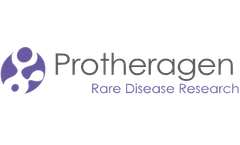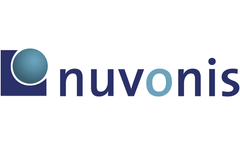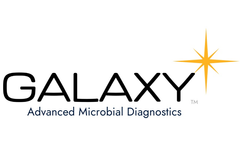Vector Borne Disease Articles & Analysis
5 articles found
Diagnostic microbiology and infectious disease, 57(2), 123-128. 4. Grace, M. R., Dhanze, H., Pantwane, P., Sivakumar, M., Gulati, B. ...
In many cases, gene therapy requires a vector to deliver the gene therapy drug to the target cell. Viral vectors have been one of the most widely studied vectors due to their outstanding transduction efficiency and other significant advantages. Viral vector-based gene therapy has now achieved good clinical results. More than a dozen viral gene therapy products have been approved for the treatment ...
Newcastle disease is a highly infectious viral disease of the avian species. The causative agent is Newcastle disease virus (NDV), which belongs to the family of Paramyxoviridae. Many commercial vaccines, both live and inactivated, are available on the market and protect from NDV infection and disease. In addition, viral vectors based on Newcastle disease virus have been previously ...
ByNuvonis
One of the most successful medications treats a vector-borne disease. With all this history, why aren’t we finding more success with herb- and plant-based medicines to treat vector-borne disease today? The Bubonic Plague & Flea Repellants A ...
Lyme borreliosis, the most commonly reported vector-borne disease in North America, is caused by the spirochete Borrelia burgdorferi. Given the extensive genetic polymorphism of B. burgdorferi, elucidation of the population genetic structure of the bacterium in clinical samples may be relevant for understanding disease ...





